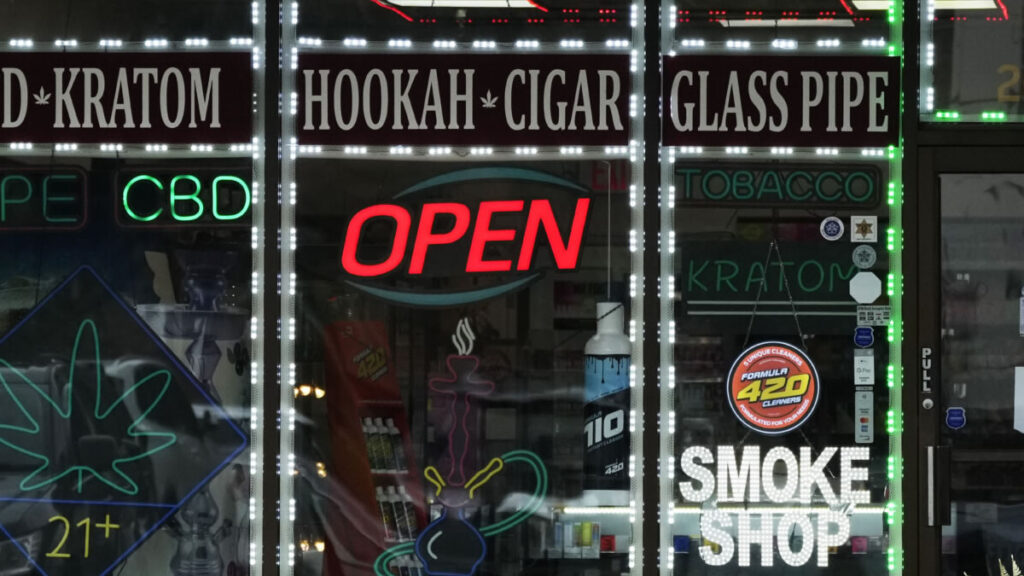Illinois has tripled its state excise tax on a range of nicotine analog products, including vapes, e-cigarettes, and nicotine pouches like ZYN. The tax hike, which took effect on July 1st, raises the levy from 15% to **45% of the wholesale price**. This significant increase is a key component of the state's record $55.2 billion spending plan for the 2026 fiscal year, which boosts state spending by $2 billion.
State leaders expect the tripled tax to generate an additional $30 million in short-term revenue. However, critics argue that this is an unstable, short-term fix to a long-term spending problem, and one that unfairly burdens residents least able to afford it. The move has been framed by opponents as another "sin tax" hike used to support ever-growing state expenditures on pensions, healthcare, and administration, rather than enacting structural reforms.
Prior to this change, Illinois ranked 17th in the nation for its vape tax, equivalent to about $0.39 per milliliter of e-liquid. With the new 45% wholesale rate, the state is projected to jump to 10th place, with an equivalent tax of approximately $1.17 per milliliter. This places Illinois' vape tax significantly higher than that of neighboring states like Indiana.
Concerns have been raised about the potential long-term consequences of such a steep tax increase. The Tax Foundation has previously found that 26% of tobacco products consumed in Illinois were purchased in other states, costing the state over $291 million in lost tobacco revenue in 2022 alone. It is anticipated that vapers may follow a similar pattern, seeking cheaper alternatives across state lines or turning to illicit markets. This could undermine the projected revenue gains and threaten legitimate businesses, particularly small, independent vape shops. An analysis by John Dunham and Associates on a proposed federal nicotine tax in 2021 projected significant job losses and the closure of thousands of vapor shops nationwide under a similar high-tax scenario.

Digital Content Creator & Vape Industry Analyst
Jake Miller is a prominent voice in the American vaping community, known for his transparent, tech-focused approach to harm reduction and hardware innovation. With over six years of experience in the industry, Tyler transitioned from a hobbyist to a full-time content creator, building a loyal following through his unfiltered reviews and deep-dive technical tutorials.




